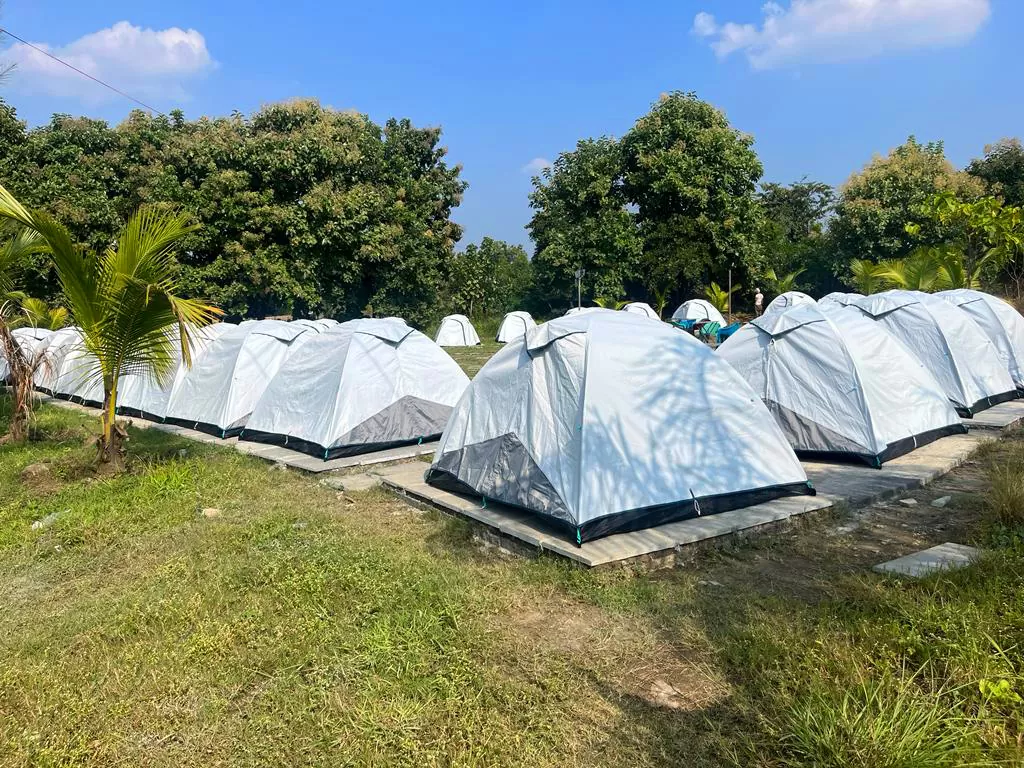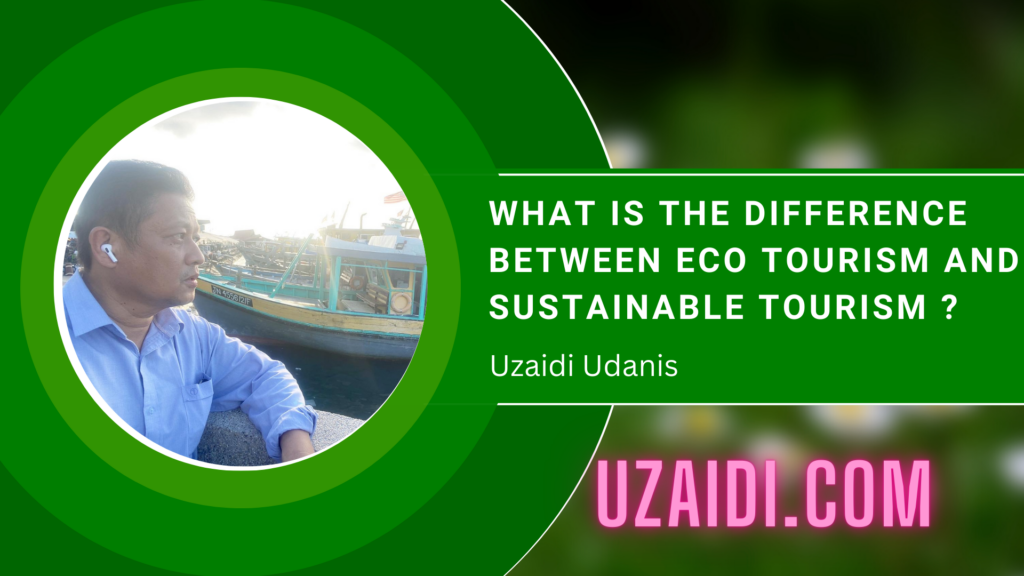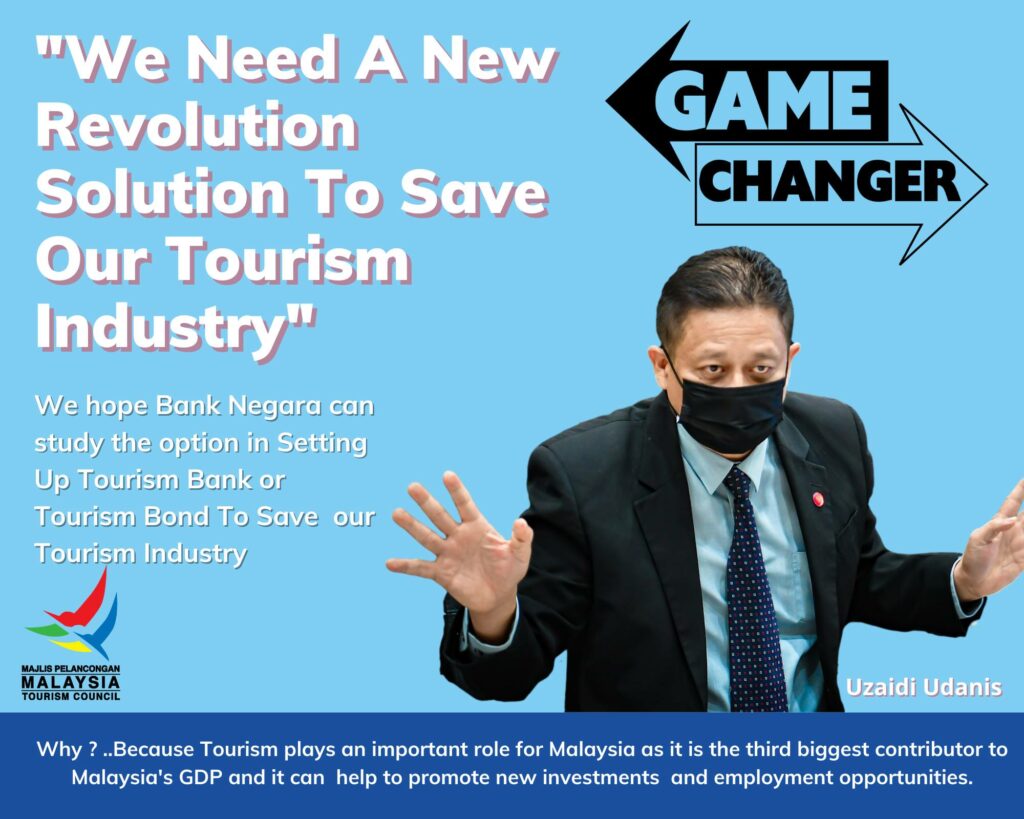Before you decide to invest in Campsite Tourism Business …
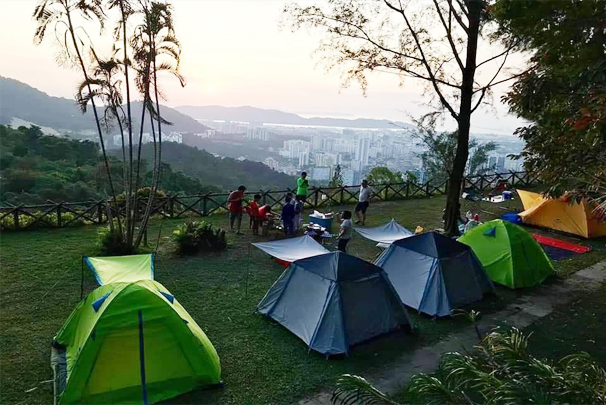
Camping industry in Malaysia has become more popular in recent months since the pandemic covid 19 .
That’s why so many entrepreneurs are venturing into in this industry . We can also see a lot of shops are selling camping equipments nowadays.
Why Malaysia is suitable for camping industry ?
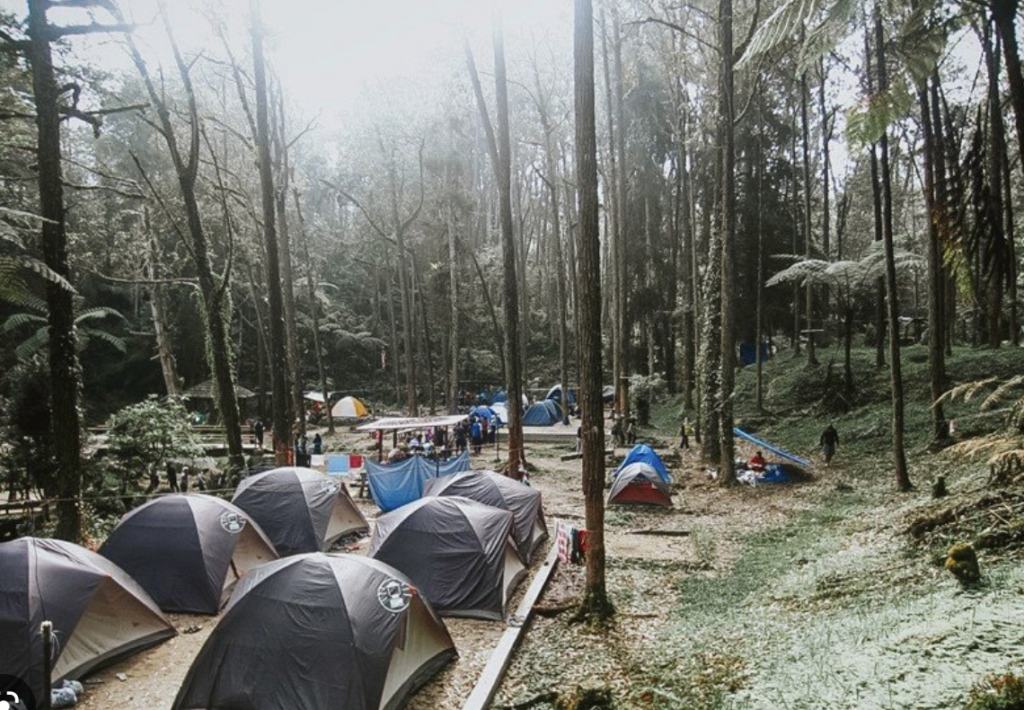
Malaysia is a country with a diverse range of landscapes, from mountains and forests to beaches and islands, which provides a variety of options for camping enthusiasts. The country also has a warm tropical climate, which makes it an attractive destination for outdoor activities such as camping. In addition, the growth of the tourism industry in Malaysia may have contributed to the increased popularity of camping in the country.
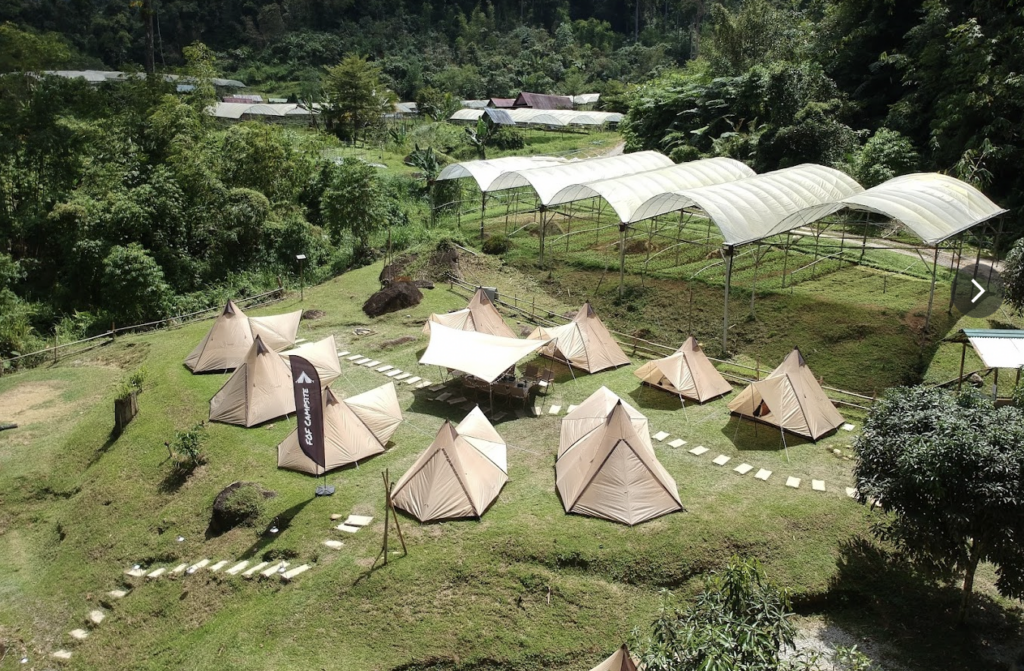
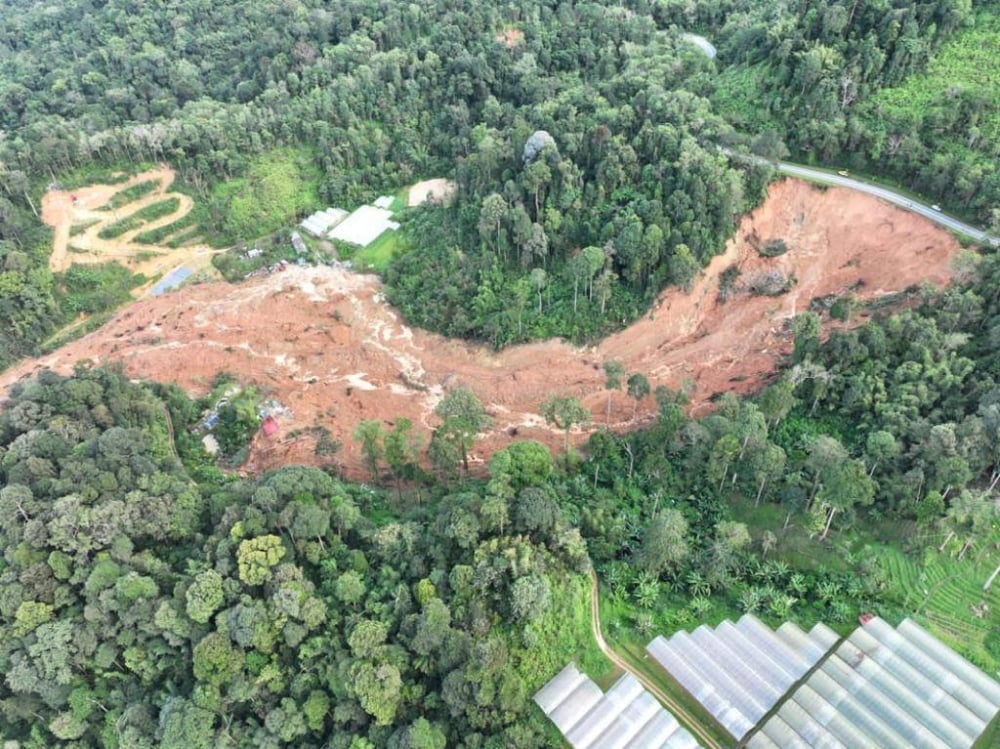
Due to the unfortunate tragedy of Batang Kali , most of the local council and state government has announced a freeze on all outdoor recreational activities during this season.. but there come a time where camping activities will be allow again …. and we all know that camping business can become lucrative and there will be more campsites to be open ..
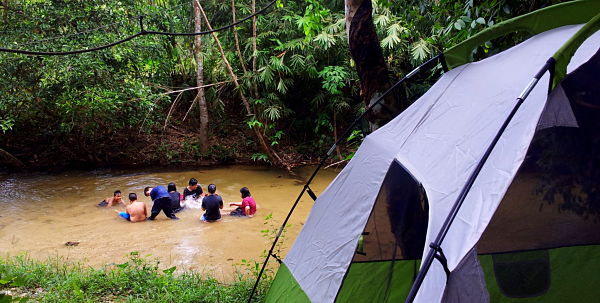
….. but wait !!! Before you want invest and operate CAMPSITE, please read my opinions on how to improve the safety of a campsite against landslides.
- Choose a suitable location for camping sites : We know that there are so many suitable potential sites in Malaysia but when selecting a campsite, it is important to choose a location that is on stable ground and is not prone to landslides. This may require conducting a thorough risk assessment of the area and consulting with local authorities or experts to identify potential hazards.
- Implement proper erosion control measures: With vast development in Malaysia’s countryside , there are tendency of erosions …Erosion can weaken the ground and make it more prone to landslides. To prevent erosion, campsites can implement measures such as retaining walls, vegetation, and erosion-resistant materials.
- Monitor and maintain the campsite: Regularly inspecting and maintaining the campsite can help to identify and address potential hazards before they become a problem. This may involve maintaining trails, roads, and other infrastructure, as well as ensuring that campsites are clean and well-maintained. You may need to appoints own RANGERS to supervise the campsite area.
- Develop an evacuation plan: In the event of a landslide, it is important to have a plan in place to ensure the safety of campers. This may include identifying safe evacuation routes, establishing an emergency communication system, and providing training to staff and campers on how to respond to a landslide.
- Provide education and information: Providing education and information to campers about the risks of landslides and how to stay safe can help to reduce the likelihood of accidents and injuries. This may include posting warning signs, distributing informational materials, and conducting drills or training sessions.
I have to emphasize that nobody can predict NATURAL DISASTER but with all the precaution steps , the campsites operators can minimise any untoward incidents. In Tourism we have a saying that says .. GOOD SAFETY MEANS GOOD BUSINESS.

Currently local councils do not have specific conditions for camping activities because it usually is a side activity conducted by the land owners but I am pleased to know that Selangor State Government are taking one step to move forward and will formulate guidelines on camping activities. The State Government will hold a meeting with stakeholders of camping activities after conducting a comprehensive census on the recreational activities. On behalf of tourism industry players , I am looking forward to work together with Selangor State Government on this matter.
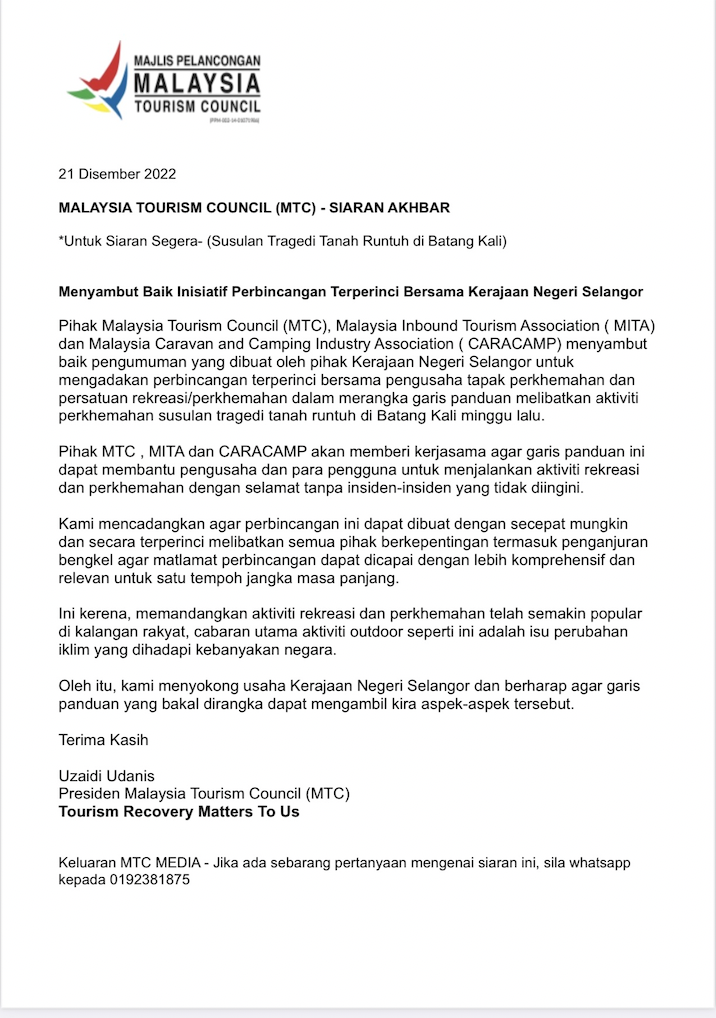
I know that after the incidents ,all local councils are now trying to implement strict regulations on camping sites but I hope it will not burden the campsites operators financially . I agree that the regulations must be relevant and effective as SAFETY is No 1 in this industry but I hope it wont be OVER BURDEN for the operators to comply .
The incident in Batang Kali was very unfortunate.. I would like to conveyed my deepest condolence to the families of the Batang Kali landslide victims over their loss. It is a difficult moment for the families but I hope families of the victims to remain strong and calm in facing their loss.



